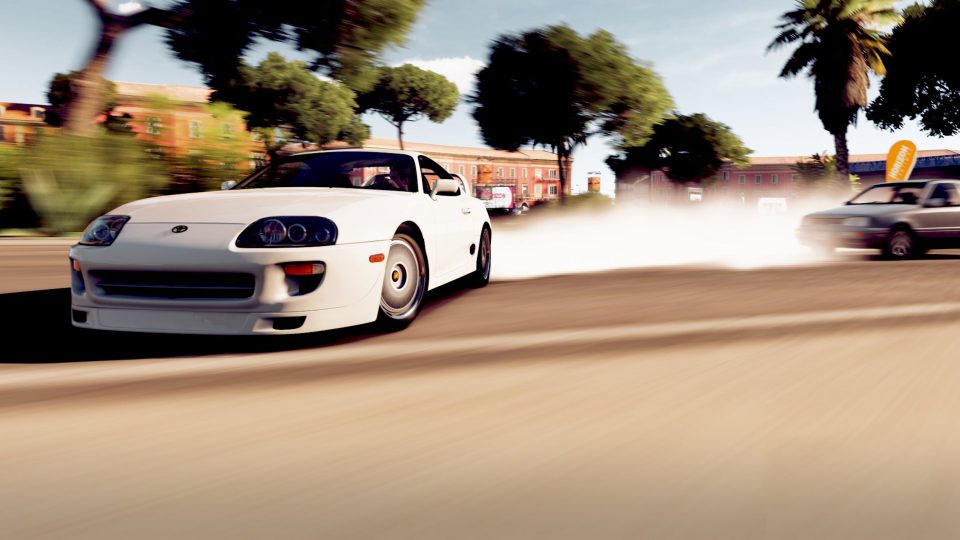
Being the victim of any “normal” car crash can be a traumatic experience, especially because you never see it coming. Being the victim of a hit and run can not only be traumatic but also stressful and leaving you with the question “what do I do if I was a victim of a hit and run?”
Unfortunately, hit and runs happen more often than we think. Here are interesting statistics from the Florida Highway Safety and Motor Vehicles:
- In 2014, there were 85,161 hit and runs
- In 2015, there were 94,444 hit and runs
- In 2016, there were 101,574 hit and runs
- In 2017, there were 98,225 hit and runs
What is a hit and run?
A hit and run, or leaving the scene, occurs when a driver is involved in an accident with a pedestrian or another car and leaves the scene without giving their information and helping the other people involved.
What are the penalties of a hit and run?
There are different penalties for leaving the scene depending on whether they left the scene with property damage, injuries, or fatalities. Here is a basic breakdown:
- Leaving the scene with property damage:
- Considered a second degree misdemeanor
- Penalty: up to 60 days in prison and a $500 fine
- Leaving the scene with injuries:
- Considered a second or third degree misdemeanor
- Penalty: revoked license for at least three years; up to five years in prison and a $5,000 fine
- Leaving the scene with fatalities:
- Considered a first degree felony
- Penalty: revoked license for at least three years; mandatory minimum of four years in prison (up to 30 years) and a $10,000 fine
What should I do if I am a victim of a hit and run?
If you are a victim of a hit and run, your instincts may want to kick in and want you to chase after the other driver, but don’t. Try to remain calm – chasing after the other driver will put you at the risk of a high-speed chase and will also put you and other drivers, passengers, and pedestrians in danger.
Instead, this is what you should do at the scene of the accident:
- Contact law enforcement and emergency services
- If you got their Plate Number or any other identifying information give it to the police right away (Example: Color/Make/Model of the vehicle, Gender/Hair Color/Clothes of the driver)
- Look for witnesses and take their names and contact information
- Write down the date, time, and location of the incident
If you have taken care of everything with the police and did not go to the hospital via ambulance, go see a doctor and get yourself checked out, yes, even if you feel okay.
Contact Brooks Law Group
If you or loved one were the victims of a hit and run, contact Brooks Law Group today at 1-800-LAW-3030 for a free consultation. The attorneys at Brooks Law Group are ready to help you seek compensation and to help you navigate through these stressful times.













